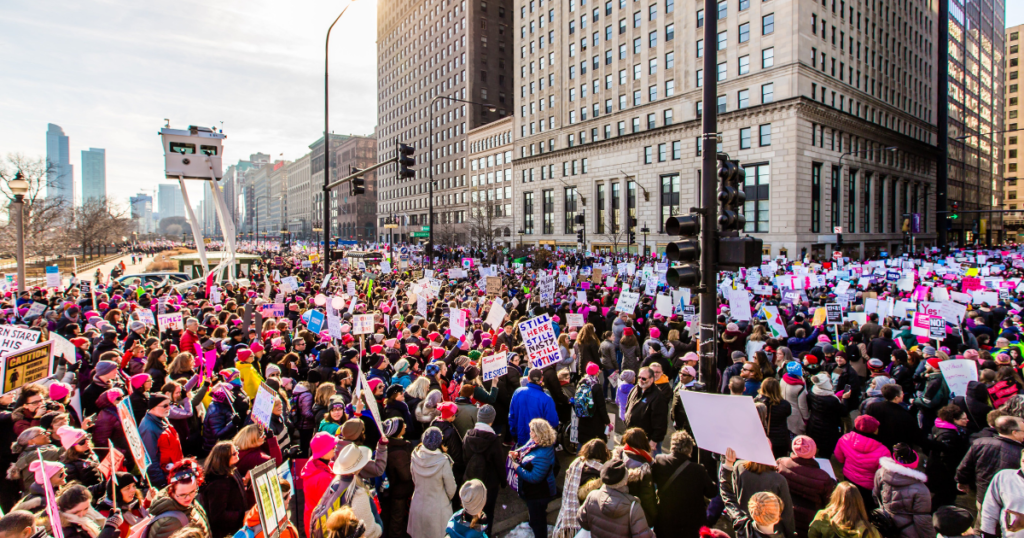Increased economic security and participation at work could strengthen democracy
This article is a version of Corey Rosen’s plenary address at the National Center for Employee Ownership’s 2022 annual conference. It was originally published at the NCEO website. You can also view the live event.
by Corey Rosen

America is facing a crisis of social trust. Measure after measure confirms we increasingly don’t trust our institutions or each other. There are a lot of reasons for this, including people being less involved in group activities, the rise of the internet, cable news, and growing economic insecurity. This is all made worse by the fact that a tiny percentage of the population owns most of America, creating a sense among all sides that the system is just unfair.
The decline of social trust deeply imperils democracy.
The decline of social trust deeply imperils democracy. A core concept of a working democratic system is that parties, groups, and people are willing to work together. We recognize our differences, but are willing to make concessions to get things done. We compromise, giving up some goals to achieve others. That can happen only if we trust each other.
So how can employee ownership help?
First, and most obviously, ESOPs build economic security. As we reported recently, food workers, one of the most vulnerable sectors in the pandemic, fare far better when they are employee-owners. As we previously reported, ESOP participants have about three times the retirement assets (counting the ESOP and their 401(k) plans) as employees in comparable companies. If more companies had ESOPs, more people would have trust in the economy.
Second, ESOP companies are far more likely than other companies to create high-involvement work systems based on trust. They start by sharing the numbers on how the company is doing, trusting employees to use this information wisely. While some non-ESOP companies do this too, it is vastly less common. Then ESOP companies take the next trust step, giving employees increasing authority to make decisions about how their work is done. Employees often do this in teams, ad hoc groups, and other interactive approaches, all of which require working together to achieve a common goal. Companies that do this perform much better, have more committed employees, and lower turnover. So people get to know one another better and have the day-to-day experience of working together with people who may be very different from themselves.
Imagine a society in which more and more people had the experience of working together in an environment of trust and fairness.
Finally, employee ownership builds a sense of community. The work that one employee-owner does helps other employee-owners. Employees really are all in this together.
This is all far different than what goes on at most companies. Private equity firms come in and buy companies in order to ramp up profits quickly and sell, making huge profits for their investors, but often at the expense of workers and, as has happened in health care, customers. Publicly traded companies often are run with a focus on short-term results to make shareholders happy. Top executives get an increasing share of the pie; everyone else is too often an afterthought.
So imagine an economy where employee ownership was not the exception, but the norm. Imagine a society in which more and more people had the experience of working together in an environment of trust and fairness. At the NCEO, our goal is to make that happen.
Corey Rosen is the founder and a senior staff member of the National Center for Employee Ownership.
To follow Employee Ownership News, subscribe to the Fifty by Fifty newsletter.
